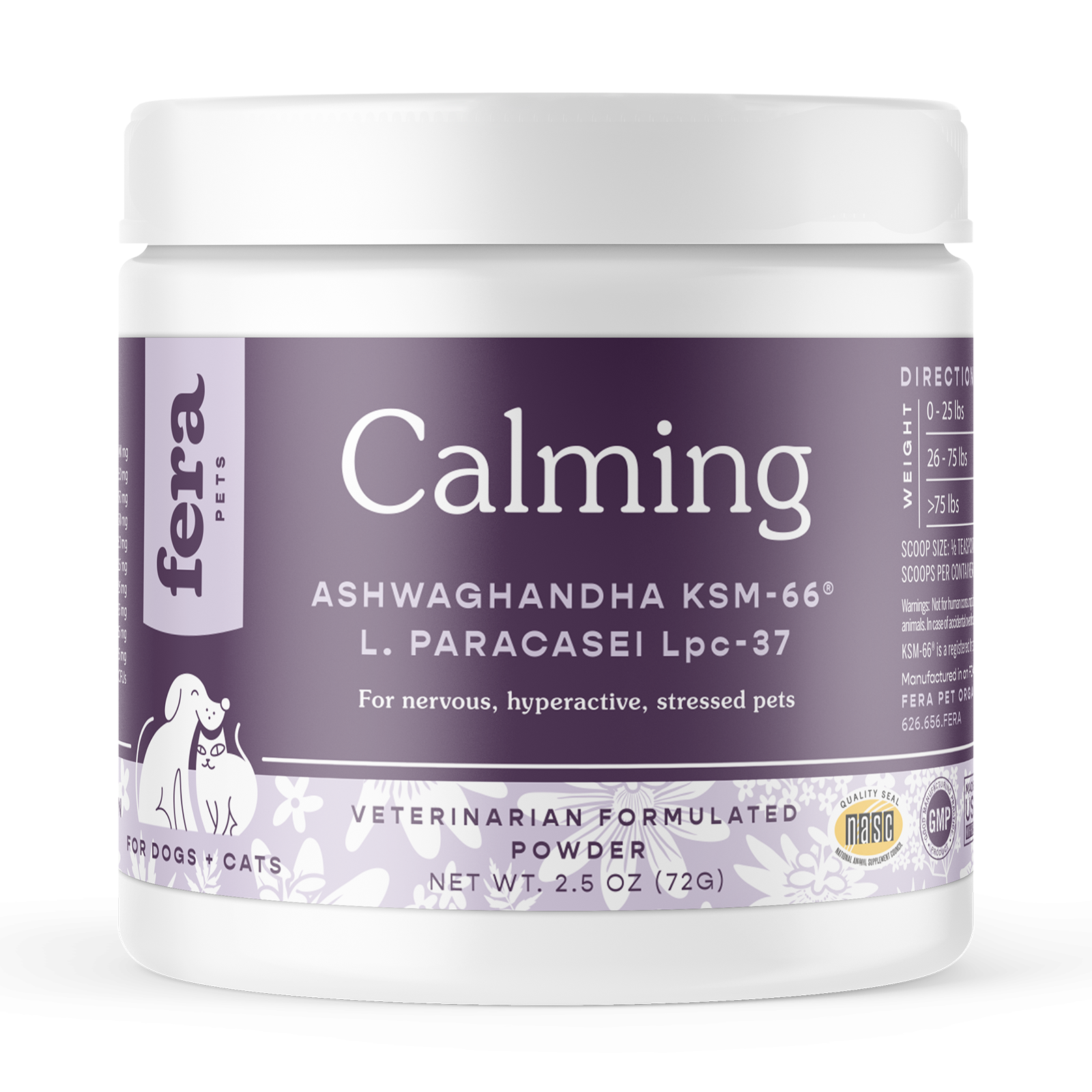New Rescue Pup? The Best Ways to Help Your New Dog Settle In
Adopting a dog from a local shelter is a rewarding experience, but it can also be stressful for your new furry friend as they adjust to their new home. To ease this transition, there are simple steps you can take. Discover how to help your dog settle in and thrive!
New Rescue Pup? The Best Ways to Help Your New Dog Settle In
Shelters are often full of many great pets looking to find their forever home. And, adopting a dog from your local shelter or rescue can help save the life of a pet in need. However, bringing home a new best friend is both an exciting and stressful time. It can take time for your new furry friend to adjust to living in a home, figuring out your routines. Luckily, there are many things you can do for your new dog to help them settle in, including offering a variety of supplements to promote good health during the transition.
Remember the 3-3-3 Rule for Your New Dog
One of the best rules to follow after adopting a new dog is the 3-3-3 rule. This stands for three days, three weeks, and three months, and are considered rough “transition” periods in your dog’s process of becoming comfortable in their new home [1]. Not every dog will follow this rule exactly, and some dogs may take less or more time to settle in. However, by following it, you can give your dog the best chances of getting comfortable over time with minimal issues.
The first three days are often the most stressful, and exciting. This is where your dog takes their time getting used to their surroundings. You’ll want to be extra patient with them, making sure that areas to go potty, eat and drink, play, and sleep are clearly defined. Having a place where your dog can relax away from other pets and people, such as a quiet laundry room or kennel, can also help in the first three days.
Next are the first three weeks. This is often when your dog’s personality begins to show as they become more comfortable in their home. They may become more playful, test boundaries, or settle into their daily routine. Starting a training plan, setting a routine, and scheduling a first vet visit should all be done at this time. Finally, the first three months are the amount of time you should give your new dog to fully settle in. After three months, most dogs are fully relaxed and integrated into their family life.
Schedule a Vet Visit
A vet visit is another important item to have on your checklist when adopting a rescue dog. Many dogs encounter high-stress situations in the shelter, and may have been neglected or found on the streets. This can come with a variety of health issues ranging from fleas and ticks, to being underfed or having illnesses such as kennel cough. While most shelters take care of the basics such as vaccines and spaying and neutering, a vet visit can help you figure out if there’s anything else you need to do to help boost your dog’s health.
A multivitamin supplement is a great way to start your new rescue on the path to great health. It can fill in any gaps in your dog’s nutrition, and help support a healthy immune system. Fera Pets offers a Whole Food Multivitamin Topper that is easy to add to your dog’s food. It’s great for picky or wary eaters as it doesn’t require giving a pill. And, the naturally sourced vitamins, minerals, and probiotics can help support the effects of stress such as GI upset.
Support Stress with Calming Supplements
Being in a shelter or rescue, coming home, and adjusting to a new life are all incredibly stressful situations. And, chronic stress can lead to a variety of health issues and fearful behaviors. While most dogs will settle in over time, a few calming supplements can help ease the transition and set your dog up for success.
Consider a soothing pet balm to help calm your dog down during any new routines such as bathing or receiving medication. Not only do balms offer calming and soothing scents, they can help dry or itchy skin that may have been caused by a poor environment or diet. Try feeding a favorite treat every time you apply the balm. This can help your dog associate the positive treat with the calming response, helping to boost its efficacy.
Fera Pets also offers a Calming Support supplement that can be easily added to foods or a stuffed chew treat. It offers a great-tasting chicken broth flavor, sure to entice even the pickiest of eaters. And, it comes as an easy to give powder so you don’t have to worry about causing extra stress.
Transition Slowly to a New Food or Treats
Shelters often rely on donations of food to help keep things running. At the shelter or at a rescue, your dog may have been fed a variety of different foods or treats. This can cause digestive issues, upsetting the balance of delicate GI flora in the guts, leading to problems such as chronic diarrhea or vomiting. Other issues, such as treatment for internal parasites, can cause short-term GI issues.
If you’ll be transitioning to a new food or your dog is recovering from treatment, a probiotic supplement is a great way to help support a healthy gut biome. It can help ease issues during the slow transition to a new diet. A pumpkin supplement is another great way to help ease digestive upset, especially that caused by stress, by helping to firm up the stools and make passing them easier.
Bringing home a new dog from a shelter or rescue is a wonderful and stressful time. Not only are you saving the life of a dog, but you’re also adding a new member to the family. By offering the right support, taking time to let your dog settle, and providing excellent care, you can ensure your dog has the best chance at a happy, healthy new life.
Sources:
[1] Humane Society of North Texas. (2023, March 1). The 3-3-3 rule: A pawsitively perfect guide to bringing home your new adopted dog. Accessed 30 Aug 2024. https://www.hsnt.org/post/the-3-3-3-rule
[2] Kent, S. (n.d.). Dog Adoption Checklist. Petfinder.com Accessed 30 Aug 2024. https://www.petfinder.com/dogs-and-puppies/adoption/finding-a-dog/dog-adoption-checklist/





